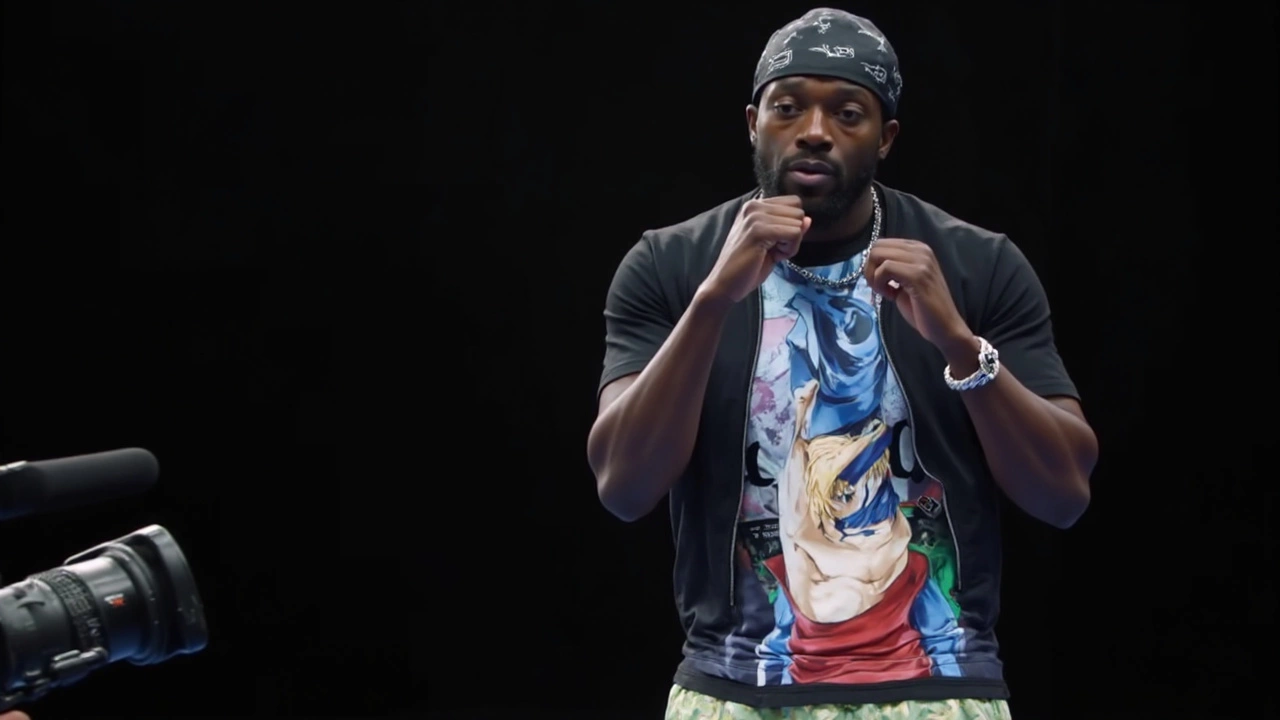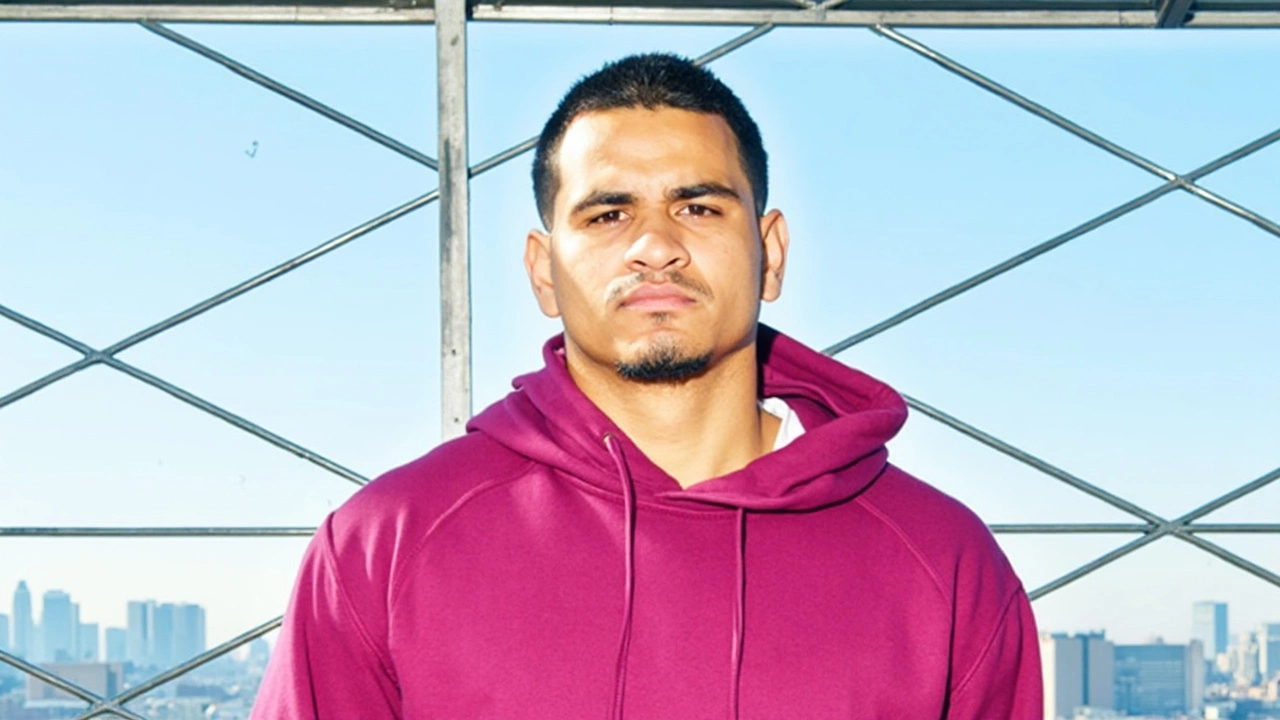Behind the Scenes: Rolly Romero’s Shocking Upset and the Deeper Story in the Ring
There’s no shortage of fight night drama, but after Rolly Romero’s upset victory against Ryan Garcia, it wasn’t just bruises and belts making headlines—it was the candid way Rolly Romero explained what boxing really means for him. Sure, most folks came for the fifth-round fireworks, but those who stuck around for the post-fight press conference got a rare look inside a fighter’s mind.
Seconds after his hand was raised, Romero didn’t just bask in the spotlight; he sat before the microphone, visibly relieved and loaded with adrenaline. He broke down his game plan with almost alarming honesty. The early knockdown of Garcia wasn’t a fluke, he said. It was a calculated move. And yet, immediately after, he revealed something rarely admitted under the hot lights of professional sports: he wasn’t always confident. Each round forced him to adapt, and there was a moment when the fight’s momentum felt dangerously close to slipping away.
No, Romero didn't offer the Hollywood line about “boxing saving his life” word for word. But between his lines—pausing after each hard-fought answer—there was another story brewing, one about a fighter who once needed the ring more than it needed him. For Romero, the ring became a reason to get up, a grind that kept him focused, and a straight path in a life that could have veered somewhere less forgiving.

Fight Night: Strategy, Grit, and the Push for Redemption
Let’s talk about the fight. The bout with Ryan Garcia was supposed to be a stage for Garcia to shine, at least if you listened to the boxing chatter beforehand. But everything changed when Romero landed that opening shot, sending Garcia to the canvas. Post-fight, Romero spilled the details on what flipped in his mind at that instant. He almost dialed back, worried about running out of steam trying to finish too early. “I had to be smart,” he told reporters, “If I rushed in, he’d catch me.” That voice in his head wasn’t just fight-night nerves; it was a muscle memory built on years slogging through the daily grind of training, discipline, and—underneath it all—the understanding that boxing had forced him to build both physical and mental armor.
Garcia, for his part, didn’t hide his frustration. He admitted he’d been way too cautious, letting Romero dictate the pace after the knockdown. He played back the slow-motion replays in his head, second-guessing every hesitation. Yet when asked about a rematch, both fighters didn’t hesitate—they want another dance, both hungry for redemption and validation.
In a room packed with trainers, media, and the faint echo of still-cheering fans, the conversation kept circling back to what keeps a fighter like Romero coming back every time he gets hit. Yes, there’s fame and the next payday. But for Romero, boxing is something different. Whether or not he spells it out, the sport is a life raft—a strict, sometimes brutal, but ultimately redemptive force that keeps him grounded in a chaotic world.
